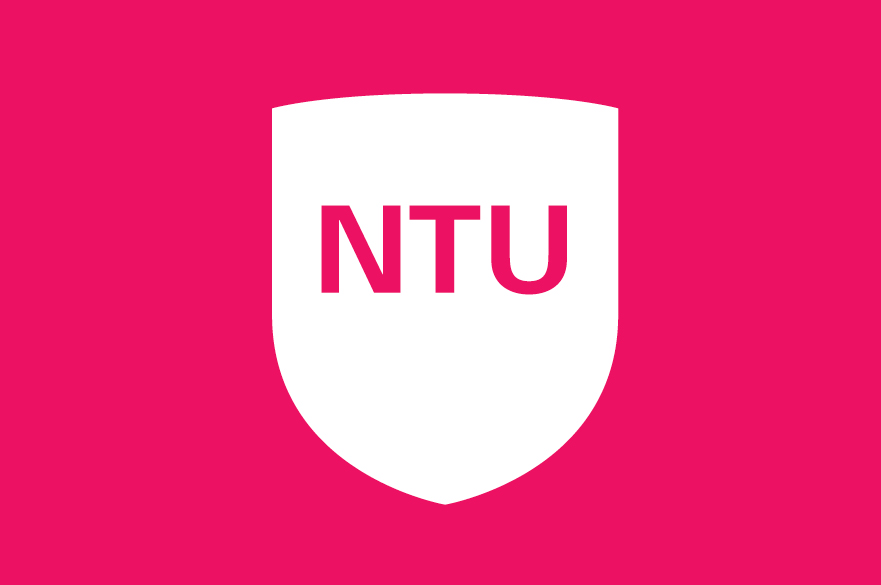Overview
This project will explore the ways in which advancing technologies in the financial sector have contributed to increasing financial exclusion and by contrast, how they have contributed to reducing financial exclusion.
Financial inclusion is the availability of, the ease of access to, and the depth of penetration of basic financial goods and services to all sections of the population. Financial inclusion also means that individuals and businesses have access to useful and affordable financial products and services that meet their needs in a responsible, responsive and sustainable way.
Financial exclusion is not just the opposite of these – but it has also become the means by which certain sections of the population, and certain businesses are specifically exclude from accessing the financial means whereby they might improve their socio-economic status. That is, financial exclusion - in this form - has become a form of systemic institutional discrimination. It is nevertheless apparent that advancing technologies have greatly enhanced the opportunities of individual and groups to access finance and particularly new streams of financial flows, in unprecedented volumes. And so the development of financial technology in its broadest guise, can act as a contravening force to this social discrimination.
This evident contradiction is what this project aims to examine. Specifically, it will examine the extent to which new technologies construct barriers to some economic agents and at the same time provides entry vehicles to other agents. It will attempt to identify the underlying principles or propositions that can explain the observed variation in financial inclusion practices in a number of capital markets. It is surprising to note that there is no existing paradigm that unifies the various ideas that support financial exclusion in modern financial markets (Ozili 2020). What there is comes from differing strands of both microeconomic (consumer theory, public goods theory) and macroeconomic dogmas (financial literacy, systems theory).
The project will review the exist practice in financial markets to examine the extent to which financial exclusion is a product of financial sector development and to what extent it is a facet of policy design (Barajas et al, 2020). It will undertake applied data analysis using a number of techniques and skills including – but not limited to data collection and analysis (Stata) and Web scraping (Python).
Nottingham Business School is triple crown accredited with EQUIS, AACSB and AMBA – the highest international benchmarks for business education. It has also been ranked by the Financial Times for its Executive Education programmes in 2023 and 2024. NBS is one of only 47 global business schools recognised as a PRME Champion, and held up as an exemplar by the United Nations of Principles of Responsible Management Education (PRME).
Its purpose is to provide research and education that combines academic excellence with positive impact on people, business and society. As a world leader in experiential learning and personalisation, joining NBS as a researcher is an opportunity to achieve your potential.
Applications for October 2025 intake closes on 1st July 2025 and applications for Jan 2026 intake closes on 1st October 2025.
Citations
Barajas, A., Beck, T., Belhaj, M., Ben Naceur, S. (2020). Financial Inclusion: What Have We Learned So Far? What Do We Have to Learn? International Monetary Fund, Institute for Capacity Development and Monetary and Capital Markets Department. IMF Working Paper WP/20/157.
Ozili, P.K. (2020), "Theories of Financial Inclusion", Özen, E. and Grima, S. (Ed.) Uncertainty and Challenges in Contemporary Economic Behaviour (Emerald Studies in Finance, Insurance, and Risk Management), Emerald Publishing Limited, Leeds, pp. 89-115. https://doi.org/10.1108/978-1-80043-095-220201008
Entry qualifications
Economics degree – econometrics strengths: Macro theory/Micro theory/Econometric Analysis skills or the willingness to learn these.
UK: Successful applicants for the PhD in Nottingham Business School normally hold a first or upper second-class honours degree from a UK university or an equivalent qualification. Candidates with a lower second-class degree may apply if they hold a Master’s degree at Merit level or higher.
International: Successful applicants for the PhD in Nottingham Business School normally hold a first or upper second-class honours degree from a UK university or an equivalent qualification. Candidates with a lower second-class degree may apply if they hold a Master’s degree at Merit level or higher.
International students will also need to meet the English language requirements - IELTS 6.5 (with minimum sub-scores of 6.0). Applicants who have taken a higher degree at a UK university are normally exempt from the English language requirements. Applicants who do not meet the English language proficiency requirement will normally be asked to complete an English Language course.
How to apply
Applications for October 2025 intake closes on 1st July 2025 and applications for Jan 2026 intake closes on 1st October 2025.
Please visit our how to apply page for a step-by-step guide and make an application.
Fees and funding
This is a self-funded PhD project for UK and International applicants.
Guidance and support
For more information about the NBS PhD Programme, including entry requirements and application process, please visit: https://www.ntu.ac.uk/course/nottingham-business-school/res/this-year/research-degrees-in-business
Nottingham Business School is triple crown accredited with EQUIS, AACSB and AMBA – the highest international benchmarks for business education. It has also been ranked by the Financial Times for its Executive Education programmes in 2023 and 2024. NBS is one of only 47 global business schools recognised as a PRME Champion, and held up as an exemplar by the United Nations of Principles of Responsible Management Education (PRME).
Its purpose is to provide research and education that combines academic excellence with positive impact on people, business and society. As a world leader in experiential learning and personalisation, joining NBS as a researcher is an opportunity to achieve your potential.
